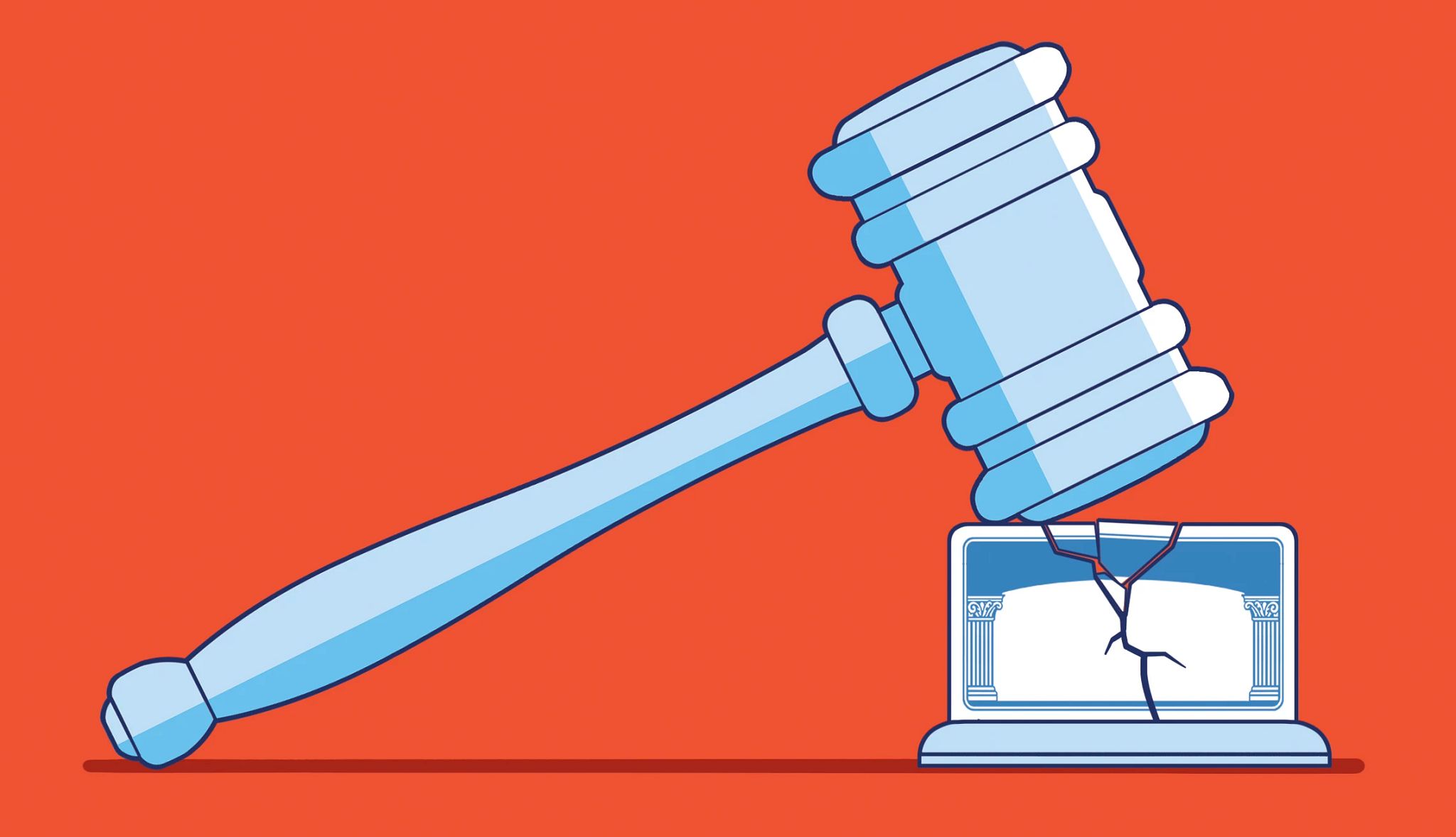AARP Hearing Center


In this story
Retroactive benefits • Odds of success • Your condition • Deadlines to appeal • Keep in mind
There is no limit on the number of times you can apply for Social Security Disability Insurance (SSDI) or Supplemental Security Income (SSI). But if your initial claim is denied, appealing the ruling may be a better option than starting over with a new application. It all depends on the particulars of your case.
Unless you are basing your new claim on a different medical condition from the one you cited before, disability lawyers generally counsel against starting over. “We would almost always recommend appealing instead of reapplying,” says Jennifer Cronenberg, senior counsel at the National Organization of Social Security Claimants’ Representatives, a professional association for disability attorneys and advocates.
“Now, there might be a few very rare scenarios where a new application would be prudent,” she says. Those depend on the specifics of your case: On what grounds was your initial application denied? Has your medical situation changed, and if so, how? Can you provide new or better evidence that you now meet Social Security’s definition of disability — an illness or injury that prevents you from doing most paid work for at least a year?
A lawyer or professional advocate well-versed in disability law and Social Security procedures can help you weigh the pros and cons of reapplying versus appealing in light of your circumstances. Here are some general considerations.
Retroactive benefits
The date you notify the Social Security Administration (SSA) of your intent to file for disability benefits is called your protective filing date. If the claim is approved, you could get back pay, or past-due benefits, going back to that date.
The protective filing date remains in force throughout the four stages of the appeals process — reconsideration, administrative law judge (ALJ) hearing, review by Social Security’s Appeals Council and a federal court suit. (The stages are the same for SSDI and SSI, the two disability benefit programs administered by the SSA.) If you file a new claim, you get a new, more recent protective date, and thus less back pay if you eventually win.
That’s why Cronenberg says she almost always leans toward an appeal. “Not only do you preserve a longer period of potential past-due benefits, but you also move one step closer to a hearing before an administrative law judge,” she says.



































































More From AARP
Medicare Premiums: Finding Financial Help
Check eligibility for financial aid or prescription discounts
What's the Difference Between SSDI and SSI?
Understanding eligibility, payments for Social Security-administered disability benefitsTips to Navigate Social Security Claims
These steps may cut wait times, improve odds of success